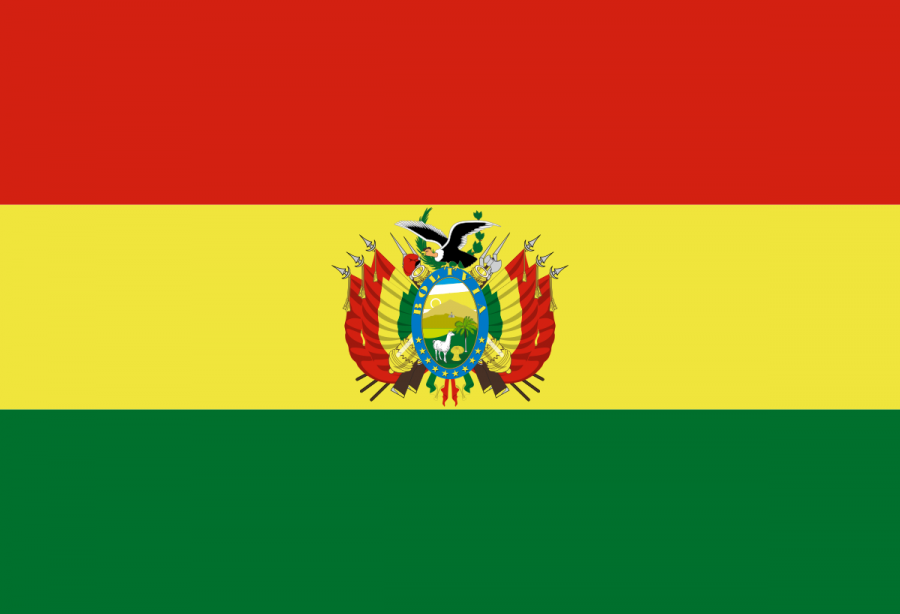What can be learned form Bolivia
Mohammed Rawwas examines the current political atmosphere in Bolivia in comparison to the United States.
Oct 26, 2020
It is not often that humanity is graced with some genuinely good news, especially during these times, but the victory of the Bolivian MAS (Movement for Socialism) Party is indeed one of those rare moments. Just last year, the popular and beloved leader of Bolivia, Evo Morales, was ousted in a fascist coup and forced to flee the country. As the first indigenous president of Bolivia, Morales had instituted popular land reform programs and dramatically reduced income inequality in the country, while supporting indigenous rights and development. The coup was only made possible due to the U.S.-dominated Organization of American States questioning the legitimacy of the election results, citing the fact that the results changed as more votes were tallied, which, as we all know, is simply how all elections work.
Even if the OAS’s claims were true, Morales would have still won the plurality, just not enough to avoid a run-off, though he almost certainly would have won the run-off election.
Therefore, under completely false pretenses, Morales was deposed, and the Christian theocratic fascists entered the palace, giant Bible in hand, and declared the end of indigenous rule, and the beginning of a massacre regime.
The only proof of MAS’s continued popularity are the results of this latest election, which sees MAS winning an outright majority, an even greater margin than the results last year. However, it should be clear that voting was not the reason that the fascists were defeated.
The interim government attempted to bar MAS from participating in elections. They tried to postpone the date of the election, which they successfully did three times, with COVID-19 as the excuse for why the election had to be postponed. Finally they proceeded to attempt to outlaw voting in areas that garnered high MAS support.
Furthermore, they drummed up charges of corruption and terrorism against MAS politicians, including the MAS candidate running for president, but also local politicians. Right-wing vigilante mobs also undertook violent attacks against both local MAS politicians and MAS supporters. Yet, despite this atmosphere of repression, MAS managed to win a resounding victory in this latest election (by a margin of 20 points).
However, it should be noted that fascists do not willingly relinquish power. The only reason that elections were finally held was due to intense public pressure in response to the actions of the interim government, beginning with the military coup. Since then, indigenous movements, labor movements and other MAS supporters have taken to the streets in mass protest, conducted general strikes and disrupted economic activity by blocking highways.
Without this intense public pressure, it is unlikely that elections would have been held at all. This is instructive for the United States in that, with all the liberal hand-wringing that Trump would not relinquish power if he were to lose this upcoming election, the only solution to this would be mass mobilization and labor organizing. This would increase union density such that a general strike would even be possible to coordinate and create party apparatuses through which collective action could be undertaken.
Without any of these factors, complaining or worrying about Trump not relinquishing power were he to lose the election is pointless and futile.
The final takeaway from Bolivia is not that voting matters, but that voting matters least. Politics is a contestation for power, and without mass mobilization, MAS would not (hopefully) be back in power. It is only through collective effort that we have achieved the result in Bolivia that we have. Especially in terms of the current general election in the United States, voting is an individual choice and an individual action. It is not collective and therefore not politics. It is the most passive action imaginable, yet is imbued with such importance as an active way of suppressing people from actually engaging in political action, by framing their civic duty purely in terms of voting and reducing politics to elections. The real work lies ahead, but in the interim, congratulations to Luis Arce, MAS and the Bolivian people.








